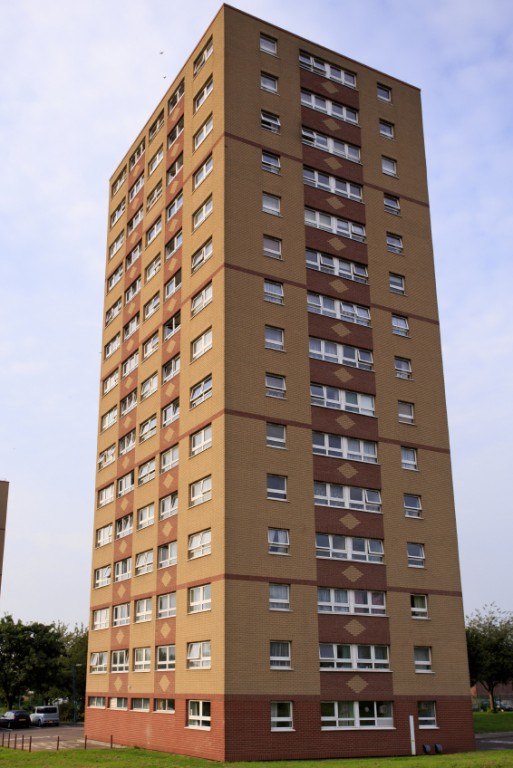Home » Uncategorised »
Council Tenants Lose Right to Live in Their Home for Life
This article is an external press release originally published on the Landlord News website, which has now been migrated to the Just Landlords blog.

Council tenants will lose their right to live in their homes for life under plans to impose a five-year limit on new tenancies.

Council Tenants Lose Right to Live in Their Home for Life
The proposal has been condemned by the Labour Party, which believes the move will break up communities. However, the Government has quietly tabled an amendment to the Housing and Planning Bill that sets a maximum of five years for new tenancies.
The new rule removes the standard of lifetime council tenancies. In some cases, tenants are even allowed to pass on the right to live in the property to their next of kin. Despite the new policy not applying to current tenancies, those that inherit a council house tenancy will be subject to the new system.
Explaining, Housing Minister Brandon Lewis states: “A secure tenant can currently live in a property for life. This amendment phases out lifetime tenancies.”1
David Cameron first proposed the move in 2010 when he argued that it could help increase social mobility.
He admitted that “not everyone will support this and there will be quite a big argument”. However, he said: “There is a question mark about whether, in future, we should be asking when you are given a council home, is it for a fixed period? Because maybe in five or ten years you will be doing a different job and be better paid and you won’t need that home, you will be able to go into the private sector.”1
The coalition government never enforced the plan, with the then housing minister, Grant Shapps, revealing plans to allow tenancy limits to be set in each local area.
The new legislation forces local authorities to offer all new tenants contracts of between two and five years. At the end of the fixed term, councils must conduct a review of the tenant’s circumstances and decide whether to grant a new tenancy, move the tenant to another more appropriate social rental property or end the tenancy.
If the council decides to terminate the tenancy, they must offer advice to support the tenant into homeownership or help them access other housing options, whichever is suitable.
Labour’s Shadow Cabinet Minister for Housing, John Healey, has criticised the plan, saying people will be “astonished that ministers are legislating to deny families a stable home”.
He continues: “Councils are already able to decide on the length of tenancy they want to offer according to local needs. Margaret Thatcher passed the law to give council tenants secure tenancies, which David Cameron is now tearing up. This generation of Tory ministers seem to have a vendetta against council tenants and council homes.”1
A Department for Communities and Local Government spokesperson insists the changes will “improve local authorities’ abilities to provide social housing for those who need it most, as long as they need it”.
They add: “This is about ensuring we make the best use of our social housing and that tenancies change as needs change. We want to support households to make the transition into homeownership where they can.”1
It is believed that the Government changed the law as ministers feel that councils are not making effective use of their powers to offer fixed-term tenancies.
The law does not currently apply to housing association tenants.




